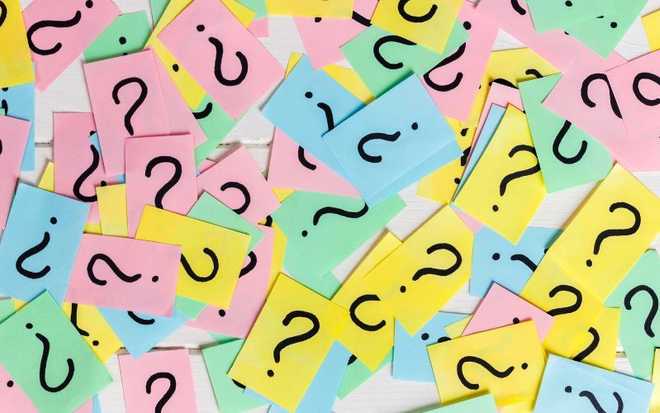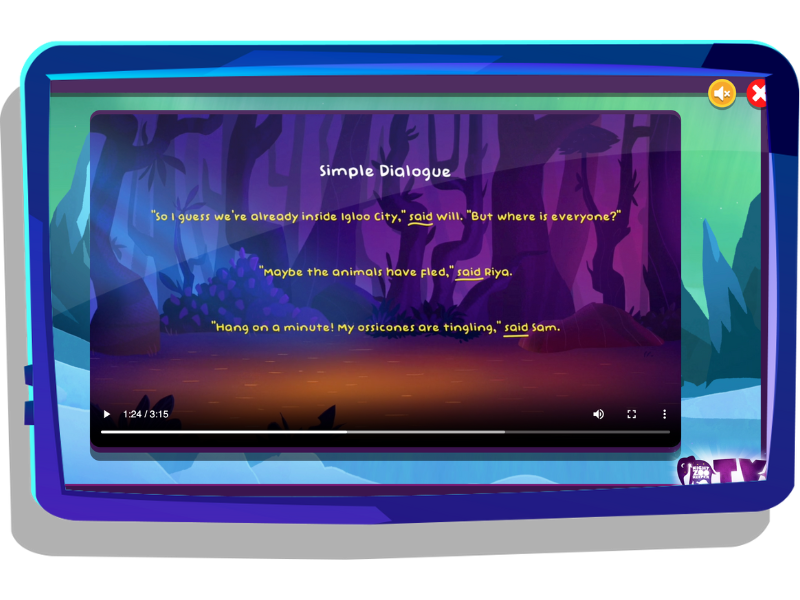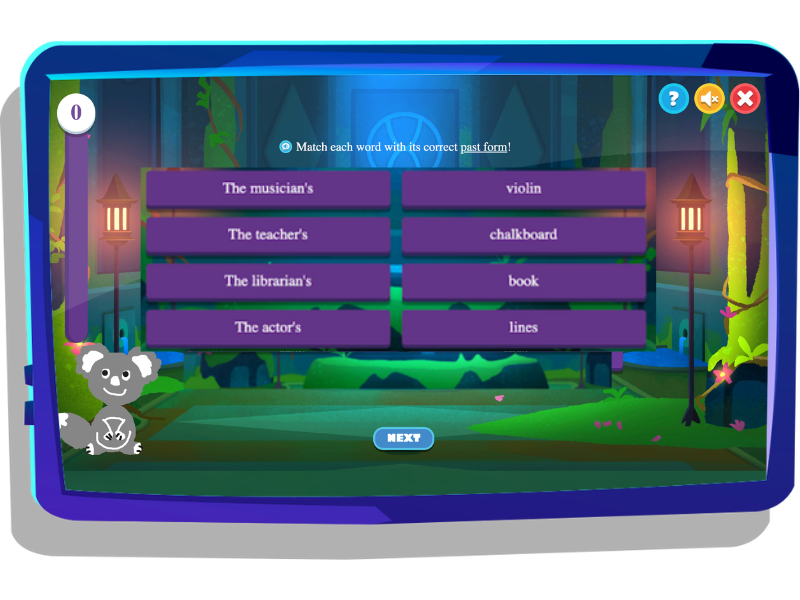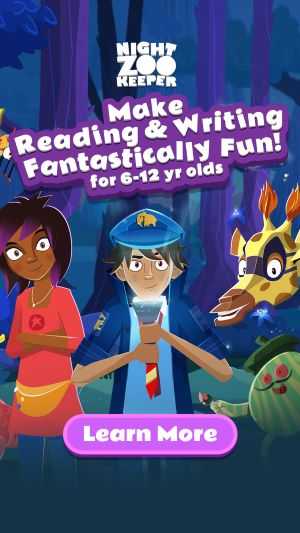Year 3 Punctuation
Discover Year 3 punctuation standards

Home > English > Punctuation > Year 3
By Year 3, your child will already be comfortable using a range of basic punctuation. This will typically include the period, question mark, exclamation mark, and the comma. Looking for a recap? Visit our Year 1 and Year 2 punctuation pages!
In Year 3, learners will have to correctly apply punctuation rules as they write, and they'll learn how to use their new skills to add dialogue and plural possessive pronouns into their stories!
DIALOGUE
Dialogue is a conversation between characters in a story. When writing dialogue, we use quotation marks to show when a character is speaking.
Quotation marks are used at the beginning and end of spoken words.
“Why do giraffes have long necks?” said the giraffe.
- Words spoken by the character. Dialogue tags identify the speaker.
Practice Tip
Your child can learn how to write dialogue with the lesson Igloo City Mystery, from the lesson series Wonderful Words With Will. Available now on Night Zookeeper!

DIALOGUE TAGS AND COMMAS
Dialogue Tags Before Dialogue
The giraffe asked, “Why do giraffes have long necks?”
-Use a comma after the dialogue tag.
Dialogue Tags in the Middle of Dialogue
Use a comma before the dialogue tag INSIDE the quotation marks.
“So you can reach the leaves in the trees,” Will answered, “right?”
- Use a comma after the dialogue tag.
APOSTROPHES
Apostrophes are punctuation marks that are used to show belonging. When they are used in this way, they are named possessives.
When the noun is singular it is just one person or thing. Will is a singular noun.
To show the hat belongs to Will, we add ‘s .
- Will’s hat
Practice Tip
Your child can learn about apostrophes for possession by matching the belongings to the correct person in a fun game like this one below.

Some plural nouns end with the letter s. Plural means more than one. When a plural noun ends with s, we add an apostrophe after the s to form a plural possessive.
To show the school belongs to ALL of the kids, we add an apostrophe after the s.
- the kids’ school
Challenge your third grader to spot which word is missing the possessive apostrophe in this sentence:
- The lizards tongues flicked all at once.
How Night Zookeeper can help

Night Zookeeper covers all the key punctuation rules your child needs to learn to move on to Year 4 and beyond, and will make reading and writing fantastically fun!
Our award-winning reading & writing program includes thousands of Year 3 punctuation activities, including exciting games, lesson series, printable worksheets, and free resources!
Sign up today to get a free 7-day trial!
Related articles


Make Reading & Writing Fantastically Fun!
- Award-winning reading & writing program for kids
- Improves spelling, grammar, punctuation & vocabulary
- Over 1,000 different learning games and activities



